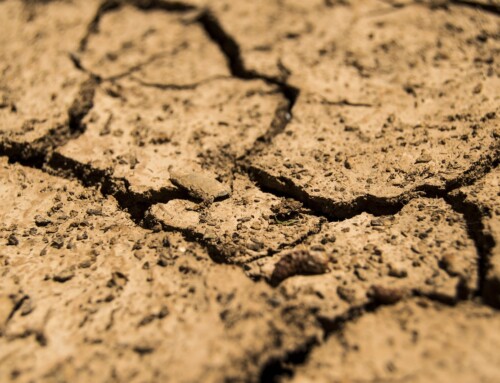In Florida, soil conditions can vary widely due to diverse climates and soil types. Whether you’re dealing with sandy soils, high acidity, or nutrient deficiencies, using the right soil amendments can significantly improve plant health and productivity. At The Veransa Group, we work to manufacture quality soil amendments from organic materials. This article will discuss which soil amendments may be suitable for specific issues commonly found in Florida regional soils.
- Sandy Soil: Florida’s sandy soils are well-drained but often lack nutrients and organic matter, leading to poor water and nutrient retention. Some amendments that you may consider include:Compost: Adding compost enriches sandy soil with organic matter, enhancing its ability to retain water and nutrients. It also promotes beneficial microbial activity.
Biochar: This amendment increases water and nutrient retention, improves soil structure, and provides a habitat for beneficial microorganisms.
Organic Mulch: Applying organic mulches such as wood chips or straw helps retain moisture, suppress weeds, and gradually adds organic matter as it decomposes. - High Soil Acidity: Many Florida soils are naturally acidic, which can hinder the availability of essential nutrients to plants.
The amendments you may utilize to solve this problem may include:Lime: Applying agricultural lime is a common method to raise soil pH (reduce acidity). Lime also adds calcium, which can improve soil structure. Dolomitic lime is preferred if magnesium is also needed.
Wood Ash: This can also raise soil pH and add potassium and other trace elements. However, it should be used cautiously as it can quickly increase alkalinity. - Nutrient Deficiency: Sandy soils and acidic conditions often lead to nutrient deficiencies, affecting plant growth and development.
The amendments that you can apply to your soil include:Complete Fertilizers: Balanced fertilizers (e.g., 10-10-10 or 14-14-14) supply a range of essential nutrients. Choose formulations based on specific plant needs and soil tests.
Bone Meal: Rich in phosphorus and calcium, bone meal supports strong root development and flowering.
Blood Meal: High in nitrogen, it boosts plant growth and green foliage. It’s particularly useful for leafy vegetables and plants. - Soil Drainage Issues: While sandy soils generally drain well, areas with compacted subsoils or high-water tables can experience drainage issues.
The amendments that may help in this scenario include:Gypsum: For compacted areas or soils with clay content, gypsum can help improve soil structure, promote better drainage, and reduce salinity if present.
Organic Matter: Adding compost or well-rotted manure improves soil structure, enhances water infiltration, and supports healthy root growth. - High Soil Salinity: Coastal areas or those with high water tables can have high soil salinity, affecting plant health and soil structure. Amendments that can help include:Gypsum: Helps displace sodium ions with calcium, improving soil structure and reducing salinity effects.
Organic Matter: Compost can improve soil structure and increase its ability to handle saline conditions by enhancing water infiltration and retention.
Leaching: Regularly applying water to flush excess salts from the soil profile can help manage salinity, especially in conjunction with organic amendments. - Soil Compaction: This issue can occur in both sandy and clay soils, restricting root growth and affecting water and nutrient movement.
Amendments to apply to your soil may include:Organic Matter: Adding compost or other organic materials helps to improve soil structure and reduce compaction over time.
Cover Crops: Plants like rye or clover have deep root systems that can help break up compacted soil. Incorporating these crops into the soil adds organic matter and improves soil aeration.
Soil Aeration: Physical methods such as tilling or using a garden fork can relieve surface compaction, but should be complemented with organic amendments to maintain soil health. - Poor Soil Structure: Poorly structured soils, whether too sandy, clayey, or compacted, can affect plant health and productivity.
These are the soil amendments that can help to improve the integrity of the soil: Compost: Improves soil structure by increasing organic content, which helps bind soil particles together, enhances aeration, and promotes healthy root growth.
Organic Mulch: Mulching with organic materials adds to the soil’s organic matter as it breaks down and helps improve overall soil structure.
In Florida, effective soil management involves understanding your specific soil conditions and selecting the right amendments to address issues such as nutrient deficiencies, acidity, and drainage. Regular soil testing can help you make informed decisions and ensure your soil amendments meet your plants’ specific needs.
Veransa offers quality organic soil amendments, compost, and mulch manufactured from wood and yard waste materials – keeping them out of landfills.




